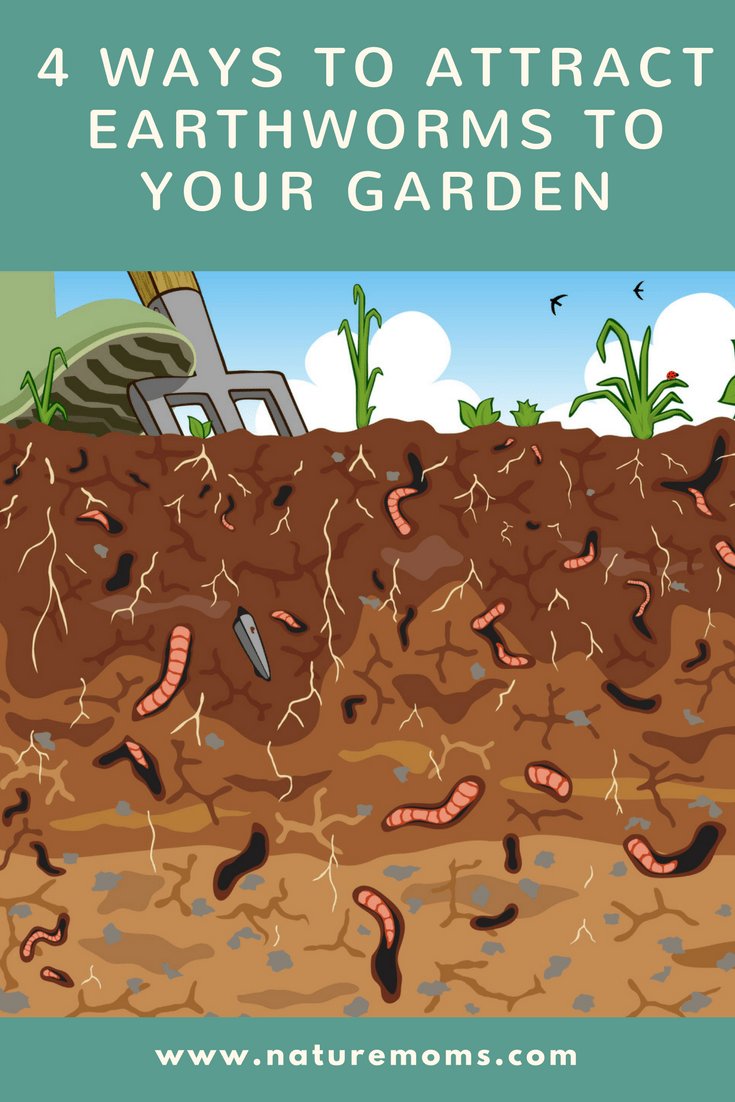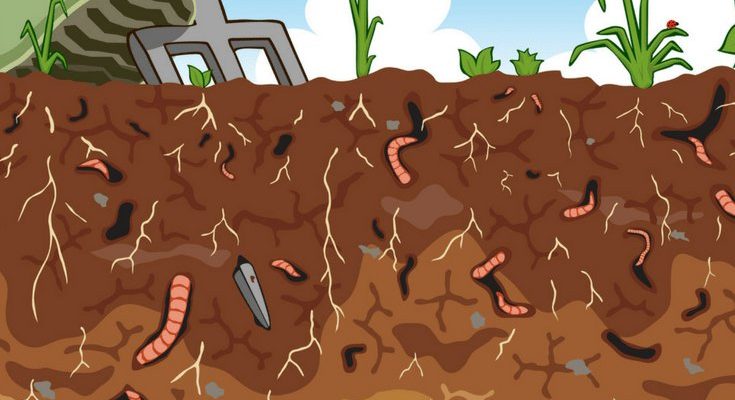
So, let’s dig in (pun intended) and explore how you can create the ideal environment for earthworms in your compost bin. From understanding their preferences to practical steps you can take right now, we’ll help you turn your compost into a worm-friendly paradise.
Understanding Earthworms’ Preferences
First things first, let’s get into the minds of earthworms. These creatures thrive in moist, dark environments filled with organic matter. Imagine their natural habitat: a rich, loamy soil packed with decaying leaves and compost. If your compost bin looks like a barren wasteland, it won’t attract these little guys.
Earthworms have a few **key preferences**:
- Moisture: They love damp conditions but can drown in soggy waste. Aim for a balanced moisture level.
- Food Sources: Earthworms feast on decomposing organic materials. The more diverse the food, the better!
- Temperature: They prefer temperatures between 50°F and 77°F. Too hot or too cold, and they’ll look for a way out.
By understanding these basics, you can start to make small adjustments that will invite earthworms into your compost bin.
Creating an Inviting Environment
Now, let’s talk about how to transform your compost bin into an inviting home for earthworms. The key is to create a balanced compost pile that appeals to them. Here are some practical strategies you can use:
1. **Layering Materials:** Just like making a lasagna, layering different materials helps create a balanced environment. Start with some dry leaves or straw at the bottom for aeration, followed by kitchen scraps like fruits, veggies, and coffee grounds. Top it off with more dry materials. This combination keeps the compost well-aerated and moist.
2. **Maintain the Right Moisture:** Check the moisture level regularly. If it feels too dry, add a little water until it’s just right. A good rule of thumb is to keep it about as moist as a wrung-out sponge. If it’s too wet, mix in more dry materials to soak up excess moisture.
3. **Turn Your Compost:** Regularly turning your compost not only helps aerate it but also keeps the temperature consistent, which earthworms appreciate. Plus, it hastens decomposition. Just give it a gentle mix every couple of weeks.
Adding Earthworms to Jumpstart the Process
If you’re eager to attract earthworms but aren’t seeing them in your compost yet, consider adding some yourself. You can purchase red wigglers, a popular choice for composting, from gardening stores or online.
Here’s how to introduce them:
– **Release Them Gently:** When you get your earthworms, let them acclimate to your compost bin. Just sprinkle them on top and let them burrow down. They’ll explore their new home at their own pace.
– **Start Small:** If you’re new to composting, begin with a small number of worms. They will reproduce if conditions are right, creating a thriving population over time.
– **Check Their Health:** Periodically check on your earthworms. They should be actively moving around if they like their surroundings. If you find them aggregating near the surface, it might be too hot or cold for them.
Feeding Your Compost Bin Correctly
Feeding your compost bin properly is vital to keep those earthworms happy. They thrive on a diverse diet rich in organic matter. Here are some foods they enjoy and some to avoid:
**Foods Earthworms Love:**
- Vegetable scraps
- Fruits (sans citrus peels)
- Coffee grounds
- Eggshells (crushed)
- Shredded paper and cardboard
**Foods to Avoid:**
- Meat and dairy (these can attract pests)
- Oily foods
- Large citrus peels (they can alter the pH too much)
By rotating a variety of these foods, you’ll keep your compost balanced and create an earthworm buffet they can’t resist.
Maintaining Your Compost Bin
Keeping your compost bin well-maintained helps manage moisture, temperature, and overall quality. Here are several tips to follow:
1. **Monitor Temperature:** If your compost bin heats up too much, consider mixing in some dry materials to cool it down. Earthworms thrive best when it’s not too hot.
2. **Watch for Pests:** If you notice unwanted visitors, like fruit flies or maggots, it might mean your compost is too wet or smelly. Adjusting the moisture level usually solves this problem.
3. **Avoid Overloading:** Don’t add too much food at once. Overloading can lead to odor issues and may repel earthworms instead of attracting them.
Keeping up with these maintenance tasks creates a thriving ecosystem in your compost bin and makes your worms feel right at home.
Benefits of Earthworms in Your Compost Bin
Attracting earthworms to your compost bin isn’t just a fun gardening task – it comes with some remarkable benefits. Here’s why it’s worth your time:
– **Enhanced Compost Quality:** Earthworms break down organic matter into nutrient-rich humus, making your compost more effective as a soil amendment.
– **Improved Soil Structure:** As earthworms tunnel through the soil, they help aerate it, allowing better water absorption and root penetration.
– **Natural Fertilizers:** Their castings are packed with nutrients that plants love. By attracting earthworms, you’re giving back to your garden in a big way.
These benefits make it clear that adding earthworms isn’t just a good idea; it’s an investment in your gardening future.
Final Thoughts on Attracting Earthworms
Attracting earthworms to your compost bin is a simple yet rewarding process. By understanding their preferences, creating a welcoming environment, and maintaining a balanced diet, you can encourage those little recycling champions to thrive in your bin. It’s all about making your compost a cozy, nutrient-rich haven for them.
So, the next time you dig into your compost, remember the value of those worms. They do the heavy lifting while you reap the benefits in your garden. Happy composting!

